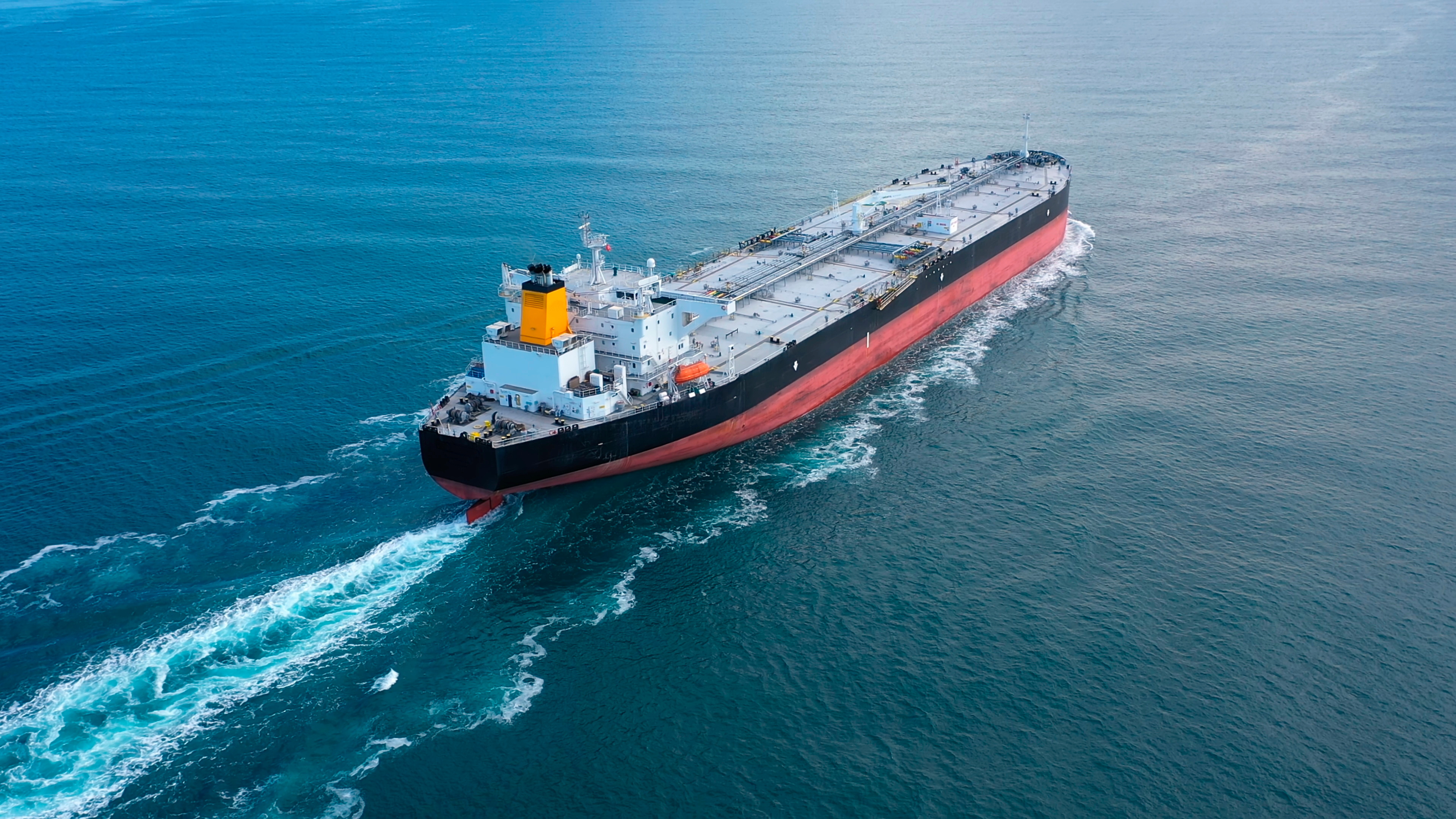Last updated November 2018
Time bars under Latvian law
Latvian Civil law (general law for civil relationships)
| General time bar (Sec. 1885) | 10 years for all obligations rights, if special legislative acts don’t contemplate a shorter term, counting from the day when the time of fulfilment of the obligation became due. |
Maritime code (special law for maritime matters)
Nature of Claim Time Bar
| Liens on cargo (Sec. 40) | 1 year from the time it arose. Lien on cargo ceases to exist if the cargo is delivered, if it is sold by forced sale or if it is sold on the account of the owner of the cargo. |
| Claims secured by a maritime lien (Sec.325) | For the maritime liens, if it is not otherwise prescribed, the time bar is one year if before the expiry of this time period the ship has not been arrested and sold by way of forced sale procedure. The time bar for the maritime liens shall commence:
The time bar may not be interrupted or suspended. The time period shall not include the time when the ship has been under unreasonable arrest. |
| Claims arising out of collisions of ships (Sec.327) | 2 years from the date of collision. |
| Claims arising out of pollution (Sec.328) | 3 years from the time when the damage or loss arose, or the payments were made. An action cannot be brought if from the moment of the accident six years have passed. If the damage, loss or payments arise in a series of several accidents which have one cause, the six year period shall be counted from the time when the first accident occurred. |
| Claims arising out of carriage of goods by sea (Sec.329) | 1 year for claims arising in a case of loss or damage of cargo or in connection therewith, or in relation to incorrect or incomplete statements in a bill of lading, counting from the day when the cargo should have been delivered or it was delivered (if the cargo is subsequently delivered). 1 year for claims which has arisen due to failing to present a bill of lading during delivery of the cargo or delivering the cargo to another person, counting from the day when the cargo should have been delivered or it was delivered (if the cargo is subsequently delivered). For regress claims – 1 year, counting from the day when the claim was settled. |
| Claims arising out of carriage of passengers by sea (Sec.330) | Time bar is 2 years. The commencement of the prescriptive period is calculated as follows:
An action may not be brought after a period of three years has expired from the time the passenger has disembarked or should have disembarked ashore, taking into account the last incident. |
| Claims arising out of General average (Sec.331) | 1 year for a claim regarding payment of general average, as well as compensation for damage and loss obtained in general average, counting from the day when the ship reached port after the general average. |
| Salvage claims (Sec. 332) | 2 years for a claim regarding salvage reward or special compensation, counting from the day when the salvage measures (operations) are completed. 1 year for a claim regarding apportionment of a salvage reward or special compensation, counting from the day when the notice regarding the amount of the compensation and the plan for apportioning it was sent. |
| Wreck removal claims (Sec. 333) | 3 years, counting from the day when assessment of the hazardousness of the wreck is completed, but not more than six years, counting from the day when the ship became a wreck. |
| Other maritime claims (Sec.334) | 1 year, counting from the day when the basis for the claim arose. |
Commercial Law (special law for commercial dials)
Nature of Claim Time Bar
| Claims arising out of commercial deals (Sec. 406) | Within 3 years from the breach of the contract, if no special time bar contemplated by the law. |
| Claims against forwarders (Sec.445) | Claims against a forwarder regarding damages, perishing, shortfall, destruction or loss of goods transferred for forwarding, as well as for delivery of the goods shall expire within one year. If the forwarder has acted in bad faith or allowed gross negligence, the referred to claims shall expire within three years. All other claims against the forwarder shall expire within three years. |
| Claims against a bailee (Sec.456) |
|
The Law on Insurance contract (special law for legal relationships arising out of insurance contracts)
Claims arising out of insurance contract (Sec. 39) | Claims arising out on an insurance contract expire within 3 years. The right to bring a notification of claim to the insurer regarding the insured accident expires within three years from the date of the insured accident. (The same limitation period is contemplated for subrogation claims Sec. 45) |
Regress claims in civil liability insurance (Sec.54) | A civil liability insurer has a right to bring a regress claim against the insured within three years from the date of payment of the insurance indemnity. |
Rules of “special laws” have a priority over the rules of “general laws”. The International and EU regulations, compulsory for Latvia, have a priority over the rules of internal legislative acts (excluding Staversme (Constitution). Thus, for marine matters, the following sources of law should be checked, and in the following sequence: International conventions (ratified by Latvia) - Maritime code – Commercial law / Law on insurance contract (in case of insurance claims) – Civil law. If the rules of the lower priority level legislative act contradict to rules of a higher level legislative act, the rules of the higher level legislative act apply.
It should also be noted that time bar can be suspended and/or interrupted.
The suspension is contemplated in very specific situations (e.g. suspension in case of war when operation of courts is suspended). The procedural terms also are suspended when a legal proceeding in a court’s case is suspended.
The limitation period interrupts in the following situations:
- when the creditor brings an action to the court/arbitration court;
- when the creditor sends a reminder to the debtor;
- when the debtor by his actions shows that he acknowledges the obligation (for example, fulfils the obligation in part or promises to fulfil it).
When the limitation period is interrupted, the same new limitation period begins to flow. Special legislation acts may contemplate specific rules regarding suspension and interruption of the limitation period (for example, restrictions provided by Section 325 (Maritime liens) of the Maritime code).
Author: Mr Roman Rozhkov
PANDI BALT SIA (LTD)
Mob. +371 29418601
roman.rozkov@pandibalt.eu
Mr Rozhkov is one of the partners and directors of Pandi Balt Ltd. He is a graduate of the Baltic International Academy, and holds a Masters of law degree. In addition, Mr Rozhkov holds a Joint-Postgraduate Diploma in Maritime law from Lloyd's Maritime Academy and London Metropolitan University. Mr Rozhkov has over 15 years of experience in handling maritime claims.”




